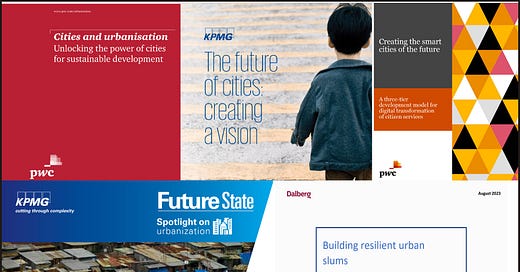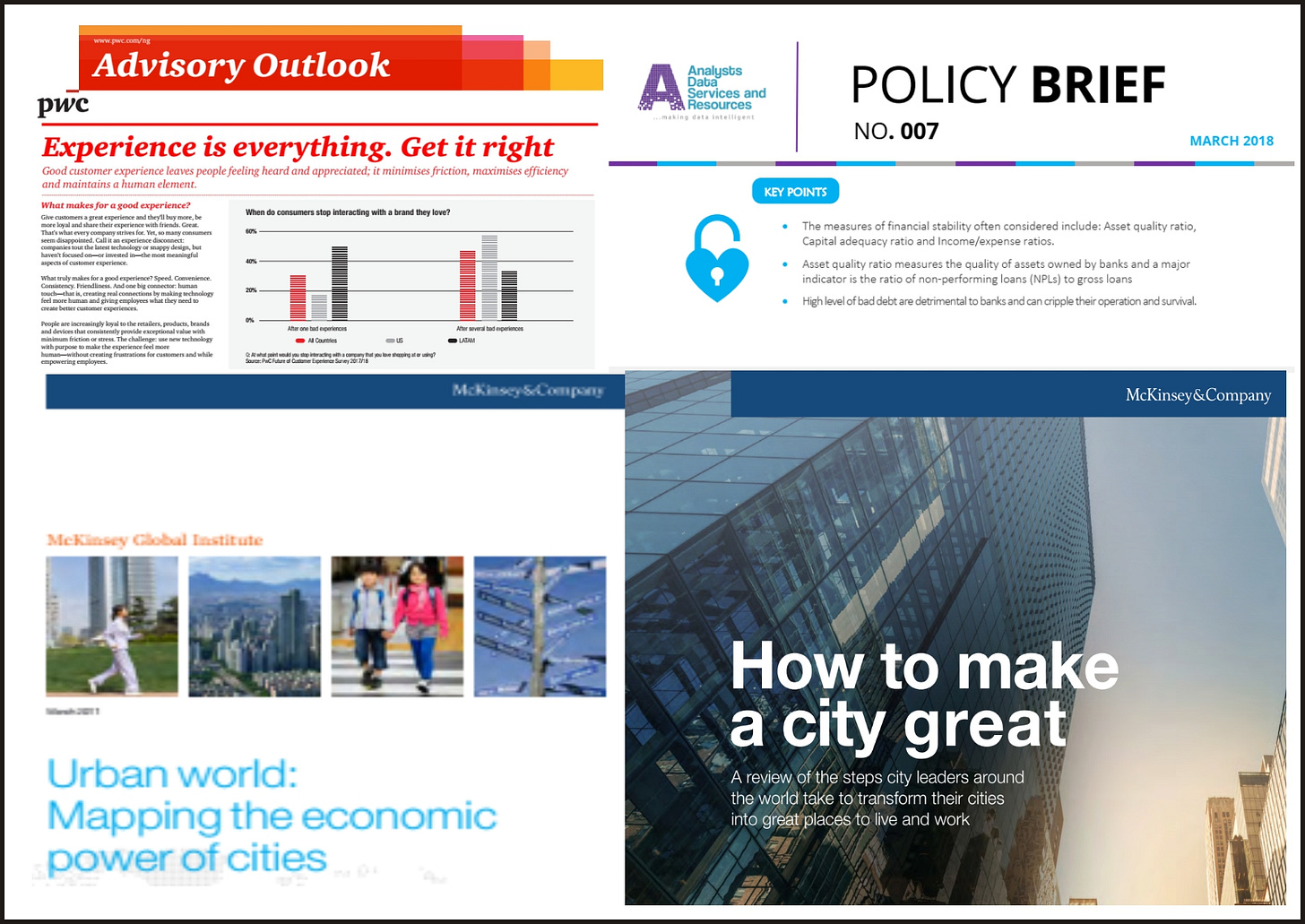1.0 Introduction
A code of conduct for professional practice is a set of rules and guidelines designed to govern the behaviour and actions of individuals within a profession. It defines the ethical standards, responsibilities, and expected practices that members should follow to maintain integrity, professionalism, and public trust. The code typically covers areas such as integrity, fairness, confidentiality, accountability, respect for colleagues and clients, and compliance with laws and regulations, among other key principles.
The code of conduct encompasses both aspirational and mandatory standards. Aspirational standards define the high conduct we strive for as professionals, an expectation we hold for ourselves, even if not easily measurable. Mandatory standards set firm, non-optional requirements, sometimes limiting or prohibiting specific professional behaviours in the public sphere.[1]
In broad terms, a professional code of conduct provides clear expectations that help individuals within a given profession act consistently and responsibly. It is therefore apt to note that the ultimate goal of a code of conduct is to build trust between professionals and the public by showing a commitment to ethical behaviour. When faced with tough choices, the code provides a reference point to guide professional decisions, minimising the uncertainty level to the bare minimum. This encourages professionals to consider their actions carefully, knowing that there are established standards to adhere to, along with appropriate sanctions for non-compliance. A professional code of conduct, therefore, protects the reputation of individuals and the profession.
This article focuses on Nigeria’s town planning profession and considers the position of the code of conduct on the advertisement of urban planning consultancy services. The validity of the widespread notion among urban planners that planning consultancies are prohibited from advertising their services to the general public was examined. Some pertinent questions were raised to explore how urban planners could develop strategic marketing approaches to reach the broader business community and claim a stake at the table to discuss and propose robust measures to address Nigeria’s social, cultural, economic, and physical development challenges.
2.0 Code of Professional Conduct and Practice Regulations for Registered Town Planners
Globally and in Nigeria, professional activities are guided by the Code of Conduct, which encompasses both generic and specific themes. Urban and regional planning professional practice in Nigeria is guided by the Code of Professional Conduct and Practice Regulations for Registered Town Planners, which came into effect on 16th October 1998. The regulations comprise seven articles and nine sections.[2]
The regulations define professional integrity, mandating honesty, probity, and a professional attitude from all registered town planners in Nigeria. It prohibits conflicts of interest, undertaking duties contrary to professional opinion, and the solicitation of work. The code stipulates that fees for professional services must adhere to an approved scale, with negotiation permitted only within reasonable boundaries. Special provisions apply to civil servants and public officers regarding planning work, restricting their engagement in private planning work unless their conditions of service explicitly permit it.
Additionally, the regulations outline specific protocols, including how members should address each other and the use of the "Town Planner" prefix before their names in public settings. It also outlines advertising guidelines, permitting certain forms of publicity (such as seeking staff or announcing new offices), but strictly prohibiting misleading or self-aggrandising advertisements. Unethical practices, such as undue influence, unfair competition, or discrediting colleagues, are explicitly forbidden.
For consultancy services, the regulations outline a structured commissioning procedure, requiring consultants to submit proposals that detail the project workload, fees, and timelines. A Registered Town Planner must be the prime consultant for physical development plans, and all planning applications and projects in Nigeria require appropriate professional regulatory stamps. Violations of these regulations are addressed by Section 13 of the enabling Decree No. 3 of 1988.
3.0 Can Town Planning Firms in Nigeria Advertise Their Services
TOPREC Rules and Regulations for the Control of the Town Planning Practice Article III Section 9 categorise planning firms in Nigeria into practice firms and consulting firms. [3] The Code of Professional Conduct and Practice Regulations for Registered Town Planners, Article 3, Section 5 Advertisement and Publicity, focused on the conditions under which a Registered Town Planning firm may or may not advertise its consultancy services, as well as the restrictions and requirements for such advertisements.
While a general prohibition exists against unrestricted advertising of professional planning services (subsection 2), the code outlines specific scenarios under which a town planner or their firm may place advertisements in the press (subsection 3). These include seeking staff (subsection 3a), acting on behalf of a client to procure personnel (subsection 3b), facilitating property or business transactions for a client (subsection 3c), announcing new office openings or changes in address (subsection 3d), informing the public about a member's appointment to positions of national or local importance or to company boards (subsection 3e), and placing congratulatory, obituary, or other ancillary messages for the Council, partners, and staff (subsection 3f). Furthermore, registered town planners are allowed to use their professional designation and designatory letters when participating in radio or television programmes or submitting articles and letters to the press (subsection 4).
For direct advertising of urban planning consultancy services, a firm may do so to inform the public, provided the advertisement adheres to specific conditions as judged by the Council (subsection 5). Such advertisements must be primarily informative rather than impressive in size and scale, generally not exceeding a quarter or half of a page (subsection 5a). Advertisements are prohibited from discrediting the services of others by claiming superiority (subsection 5b), containing comparisons with other members or firms (subsection 5c), being misleading directly or by implication (subsection 5d), being indecent, dishonest, or untrue (subsection 5e), falling short of the Council's ethical standards (subsection 5f), or appearing as part of the firm's professional statement (subsection 5g).
The regulations clearly outline what advertisements must not contain: inaccurate statements of fact (subsection 11a), explicit comparisons between the services offered by the advertising member and other registered members (subsection 11b), or any endorsement of a commercial product (subsection 11c). It could be inferred that these measures are put in place to ensure that urban planning consultancies’ marketing campaigns are carried out in a manner that does not bring the profession to disrepute.
Based on the above, contrary to the widely held belief that urban planning consultancies in Nigeria cannot advertise their services, the TOPREC Code of Conduct and Practice Regulations (Article 3 Section 5: Advertisement and Publicity) permit urban planning consultancies to engage in advertisement and publicity (marketing, branding, promotional strategy, corporate promotion) using traditional and digital platforms, though with some strict ethical guidelines.
4.0 Advertising Urban Planning Practice: A Call to Action
Urban planning firms can no longer afford to remain invisible in Nigeria’s competitive professional services delivery environment, particularly with an increased incursion into service delivery areas, which are traditionally seen as the urban planning domain (See Figure 2). It is therefore pertinent to ask how Nigerian urban planning firms across the country can leverage advertising and publicity, including marketing, branding, promotional strategies, and corporate promotion, to engage the broader Nigerian business community and showcase their capabilities in rendering services beyond traditional urban planning projects.
Some of these services include sustainability services (sustainability strategy development, sustainability assessments, sustainable supply chain management, sustainability assurance), Environmental, Social, and Governance (ESG), green infrastructure development, sustainable finance, renewable energy programme implementation, climate change resilience, and local economic development programs among other services moving beyond traditional planning services.
Urban planning firms should leverage strategic marketing tools to position themselves as firms attuned to present-day global development realities; they should convey a clear message to the broader business community about their capability to deliver contemporary urban planning services. How? This could be achieved by emphasising how urban planning services contribute to a return on investment, showcasing firm's capabilities in modern planning services through the preparation of case studies, and utilising thought leadership and strategic content marketing to position the firm and its consultants as solution providers, showing how urban planning services can improves logistics, reduces carbon footprint, and supports local economic growth among other urban planning contributions.
Firm thought leadership could be a policy brief, industry-specific research, or a policy position paper. Some of these measures have been adequately deployed by consultancies in other fields (See Figures 4 and 5). Urban planning firms should devote special attention to advertising and marketing measures by establishing a dedicated marketing unit. However, considering the small-sized nature of most urban planning consultancies in Nigeria, marketing efforts could be outsourced to a marketing firm or freelance marketing professionals at an affordable cost. It is, however, worth reiterating that there is a compelling need to be ethical in urban planning practice advertising and marketing processes in order to adhere to the extant regulations and rules governing the conduct of urban planning firms in Nigeria.
5.0 Conclusion
This article noted that urban planning firms in Nigeria are not prohibited from advertising their services, as evidenced in Article 3 of the TOPREC Code of Conduct and Practice Regulations. Urban planning consultancies should explore the potential of marketing and advertising to project a positive image and present their firms as valuable partners in addressing Nigeria’s social, economic, environmental, and physical development at the national, regional, state, and local levels.
Non-involvement in professional services marketing and advertising makes the urban planning consultancy landscape more obscure, giving more edge to non-urban planning consultancies to leverage in the delivery of contemporary urban planning services. Therefore, there is a need for a reconsideration of the non-interest position of urban planning consulting firms, individual urban planners, and urban planning consultants across Nigeria towards their practice marketing and advertising.
Strategic marketing and advertising of urban planning practices help inform and educate the broader business community about the roles of urban planning consultancies in addressing Nigeria’s development challenges, ultimately elevating individual firm profile and the overall profile of the urban planning consultancy landscape in Nigeria.
It is time to take proactive steps; urban planning firms should begin by developing a robust marketing strategy aligned with TOPREC regulations to ensure urban planning consultancies in Nigeria are visible to the broader business community.
NOTES
[1] Code of Ethics and Professional Conduct for the Urban and Regional Planning Profession, South Africa. Government Gazette, 17 June 2011, No. 34376
[2] TOPREC Code of Conduct & Practice Regulations. Town Planners Registration Council of Nigeria, 25th May, 2014.
[3] TOPREC Rules and Regulations for the Control of the Town Planning Practice, Federal Government Press, Lagos, 2015.








